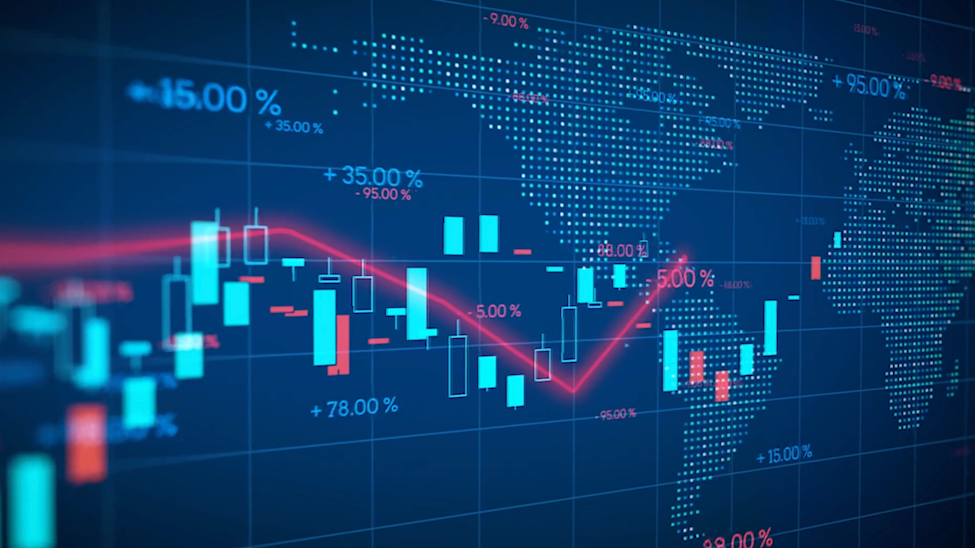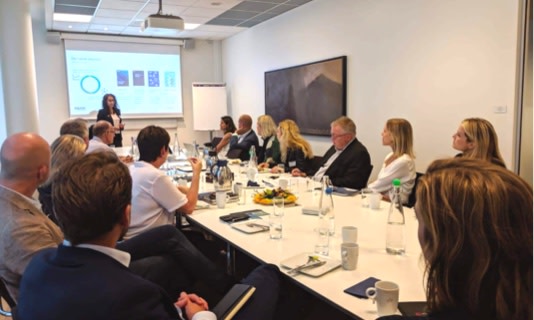
About FAIRR
The FAIRR Initiative
What is the FAIRR Initiative
The FAIRR Initiative (FAIRR) is a collaborative investor network that raises awareness of the environmental, social and governance (ESG) risks and opportunities in the global food sector. Our mission is to build a global network of investors who are aware of the issues linked to intensive animal production and seek to minimise the risks within the broader food system.
We focus our efforts on providing high quality Research, facilitating collaborative Engagements and coordinating Policy action for our members. We make sure we do the heavy lifting for investors, so that they can focus on exercising their influence, as responsible stewards of capital, while safeguarding the long-term value of their investment portfolios. With over 400 members globally, representing over $70 trillion in combined assets, we are the world’s fastest-growing ESG network.

The Relevance of Protein Value Chains in the Food System?
Animal agriculture is responsible for over 60% of the agriculture, forestry and land use (AFOLU) sector's global greenhouse gas (GHG) emissions and contributes to approximately 15% of all GHG emissions worldwide. The sector is also the number one cause of deforestation due to cattle ranching and soy production, using 1/3 of global freshwater supplies and is the largest consumer of antibiotics. Intensive animal farming poses significant material financial risks, as well as other risks (regulatory, legal, tax, reputational) to investors as the performance of companies in this sector depends on their longer-term ability to anticipate and navigate growing environmental and social risks. FAIRR provides investors with the tools, data, research and engagements they need to navigate the interconnected risks in the food sector. As the industry is also experiencing unseen dynamism, disruption and innovation, FAIRR provides them with resources to identify opportunities and accompany companies in their transition to more sustainable practices.
How we make an impact
We intentionally cover a discreet set of companies and focus on the most material ESG related to intensive animal production in the global food system. We provide very detailed assessments of the largest companies in the protein supply chain, including agrochemical companies, animal pharmaceuticals, protein producers, food manufacturers, retailers, and restaurant chains. As sectorial specialists, we ensure that our data and research is high quality and more in-depth for our investor members. We engage with companies on behalf of our investor members to encourage changes in corporate behaviour that support a sustainable and equitable food system.
78%
of the companies covered by FAIRR participated in collaborative dialogues we facilitated with our investor members25%
Increase in companies responded to assessments in 5 yearsMission & Principles
Our mission is to build an awareness of the issues linked to intensive animal production across the whole investor community. By filling the knowledge gap around ESG issues in animal agriculture, FAIRR empowers investors to engage as shareholders and debt holders with companies in the global food supply chain – from protein producers to global retailers – on ESG risks ranging from climate, pollution and labour issues to antimicrobial resistance. In doing so, we aim to harness the power of capital markets to build a more sustainable and equitable food system.
History of FAIRR
Established by the Jeremy Coller Foundation in 2015, FAIRR is an investor network that raises awareness of the environmental, social and governance (ESG) risks and opportunities in the global food sector.
Based in London, UK, we provide cutting-edge research, best practice tools and collaborative engagement opportunities to help investors integrate these risks and opportunities into their investment decision-making and active stewardship processes.

Our Network
We are the fastest growing network
FAIRR Initiative is a collaborative investor network that raises awareness of the environmental, social and governance (ESG) risks and opportunities brought about by intensive animal agriculture. FAIRR helps investors to identify and prioritise these factors through cutting-edge research, which investors can then integrate into their active stewardship and decision-making processes.
Careers & Opportunities
What it is like to work at FAIRR
The FAIRR Initiative is not just a place of work. Our passion is the lifeblood of the organisation and inspires much of the work that we do. We come to work every day with the goal of changing the conversation and evolving our global food system.
We are a hard-working, collaborative and impact-driven team, and we like to celebrate each other’s achievements. We want you to be the best that you can be and we, therefore, invest in your development and schedule regular training sessions with thought-leaders and subject-matter experts.



